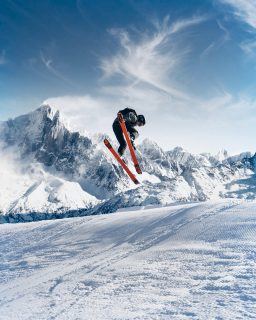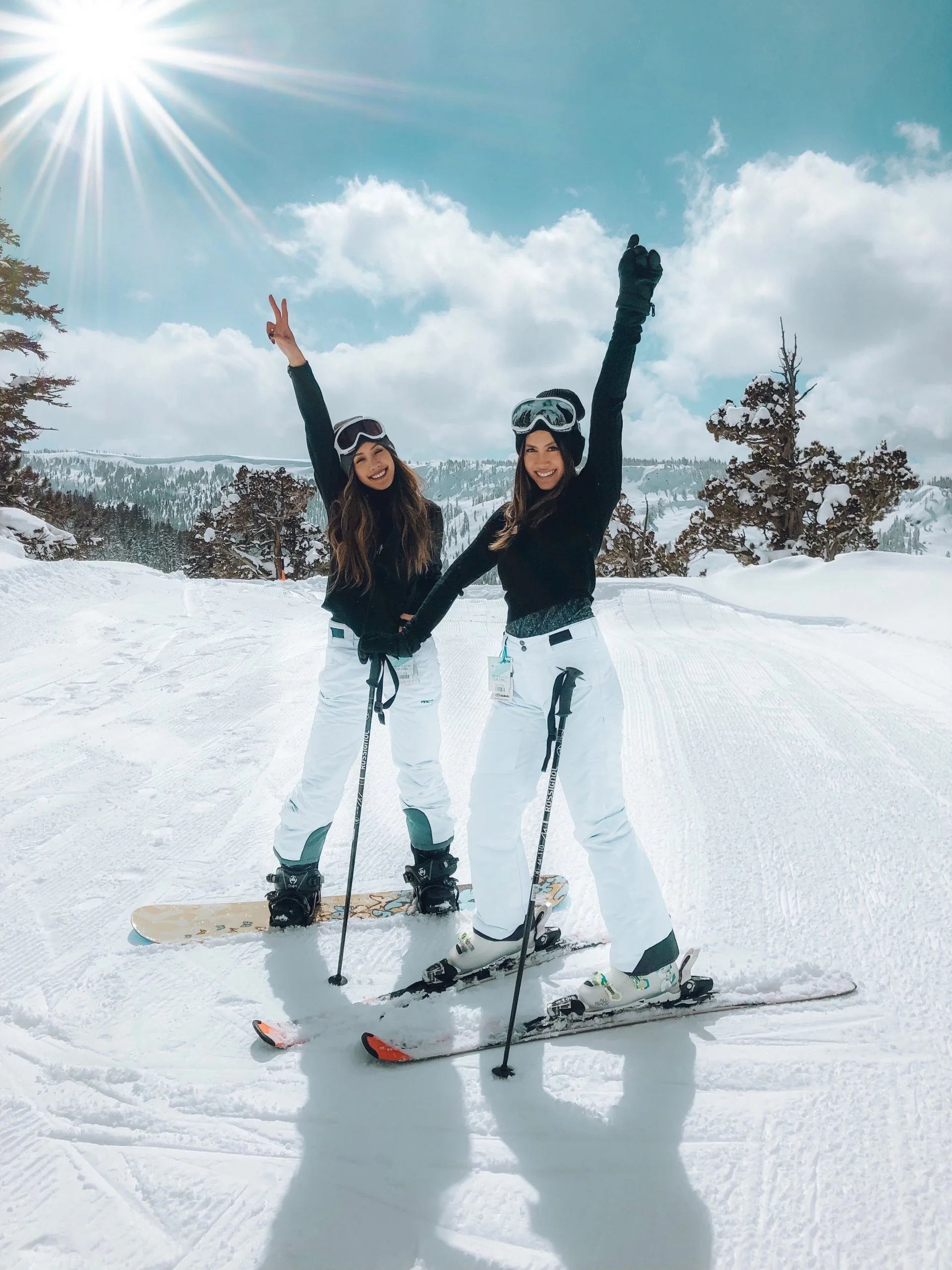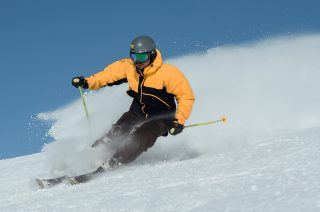Skiing is one of the most popular snow sports. Every year, millions of people flock to the slopes in order to enjoy some skiing. But, not only is skiing a lot of fun and immensely popular, but it’s also absolutely brilliant for your health and fitness. If you’re looking to keep up your fitness and maintain your health over the festive season, skiing might well be your best bet. That is as long as it’s accessible.
What makes it so healthy?

Photo by Melvin Wahlin from Pexels
Skiing not only makes you feel invigorated, but it’s also a really great workout. Just how good it is for you does depend on your skill level. Another factor is how hard you push yourself as far as terrain and slope difficulty goes. Dr. Josef Niebauer, a professor of sports medicine and cardiology told Time that alpine skiing is particularly good.
This is mainly due to the fact that it’s a mixture of endurance and resistance training. As for downhill skiing, it seems to be about the same as cycling or rowing workouts. Aside from improving your heart rate, Niebauer says that downhill skiing can also help boost your metabolism. It can also help to lower blood pressure and boost cell health. This form of interval training involves pushing yourself for a set amount of time, then taking a break as you return to the mountain. It’s a great way to get in shape and ultimately, to extend your life.
What sets it apart from other snow sports?
When it comes to training the muscles of the lower body, skiing is different from other forms of exercise. It uses a variety of movements and exercises to strengthen and tone the body’s core. Thomas Stöggl, a skiing researcher and associate professor of sports science explains that “The mix of highly coordinated movements with different types of exercise modes”—carving, skidding, quick turns, jumping—” and the mix of eccentric, isometric and concentric muscle work might be seen as quite unique when compared with other types of physical activity”.
The movements and exertions that occur during downhill skiing require a wide variety of lower-body muscles. Most especially, these include the knee and hip movements associated with the sport. Of course, skiing is also an outdoor sport. Getting active in the cold also seems to help to burn fat. Being physically active and spending time in the outdoors can also improve your mental health. According to studies, being in the right environment can help lower stress levels.
Just for fun: Some facts about skiing that you might not know
- The term “ski” comes from a Norse word that means a piece of wood. It’s believed that the locals started skiing thousands of years ago.

Photo by Mati Mango from Pexels
- It’s believed that ancient tribesmen in the Altai Mountains, which include Russia, China, Kazakhstan, and Mongolia, have been skiing for many years. A wooden ski that was believed to be around 8,000 years old was discovered in a region in Russia.
- The first snowboard was made in 1965 by Sherman Poppen of Michigan. He used two pairs of skis to create a surfboard-like device that he could use on snow. He called it a Snoffer and sold millions of them.
- When he moved to Switzerland in 1893, Sir Arthur Conan Doyle discovered skiing. He was able to make the first pass of the Maienfelder Furka mountain pass after spotting two locals, the Branger brothers, and skiing alongside them. He was also, according to the Telegraph, the first Englishman to write about the thrill of skiing, describing it “as near to flying as any earthbound man can”.
- Cross-country skiing has been an Olympic event since 1924. It was only added to the Winter Olympics in 1936.
- The first recorded downhill race was held in Sweden in 1879.
- One day, astronauts might be able to ski on the Moon. In 1972, astronaut Harrison Schmitt noted that the Sea of Serenity could serve as an ideal spot for cross-country skiing.
- There are plenty of other winter sports that can be enjoyed by skiers and snowboarders. Some of these include snow touring, which involves using a specially adapted scooter to travel down the mountain. Skijoring is a type of cross-country skiing that involves using a horse or a team of dogs.
- You can ski much faster than you can drive in a passenger car (well some people can). In fact, speed skiers can reach velocities of over 120 miles an hour. The record-holder is Italian skier Simone Origone.
- Skis have been used for centuries by soldiers in the mountains to transport troops during battle. James Bond also used his skills on the slopes to defeat bad guys in movies.




![women [longevity live]](https://longevitylive.com/wp-content/uploads/2020/01/photo-of-women-walking-down-the-street-1116984-100x100.jpg)










